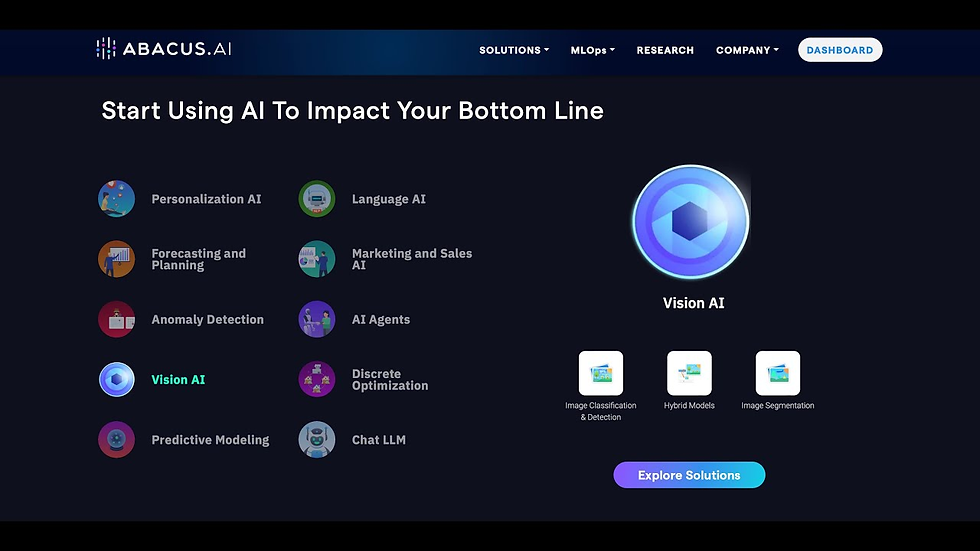Intelligent Query Routing with Route LLM: Enhancing Efficiency and Reducing Costs
- Revanth Reddy Tondapu
- Nov 8, 2024
- 2 min read

In the realm of artificial intelligence, large language models (LLMs) have revolutionized how we interact with technology. However, not all queries require the same level of processing power. Enter Route LLM—an innovative system designed to intelligently route user queries to the most appropriate language model based on the complexity of the question. This optimization ensures high-quality responses while minimizing costs and latency. Let's explore how Route LLM works and why it's a game-changer for AI applications.
Understanding Route LLM
Route LLM is a sophisticated system that dynamically selects the best-suited LLM to handle a given query. It optimizes for three main factors:
Quality: Ensures the query is answered accurately.
Cost: Minimizes the computational expenses by using less powerful models for simpler queries.
Latency: Reduces the response time by selecting models that can quickly deliver results.
Without such an intelligent routing system, every query would be handled by a powerful (and costly) model, leading to increased expenses and potentially slower response times for simple queries.
How Route LLM Works
Route LLM leverages various models, each with its own strengths:
Basic Queries: Simple questions like "What is the weather?" can be addressed by smaller, less powerful models. This reduces costs significantly while maintaining speed.
Complex Queries: When a query demands more processing, such as "Write a PyTorch code to develop an LLM," the system routes it to a more capable model that specializes in coding and complex reasoning.
By intelligently routing each query, Route LLM ensures that users receive high-quality answers without unnecessary expenditure.
Practical Applications
Let's look at how Route LLM operates in different scenarios:
Coding and Programming
For tasks requiring code generation or complex programming solutions, Route LLM redirects the query to a model with robust coding capabilities. For example, if asked to "Create a Snake game in Python," it selects a model known for its superior programming skills to generate the code efficiently.
Logical Reasoning
When faced with questions that demand logical reasoning, such as puzzles or problem-solving tasks, Route LLM opts for models that excel in reasoning. This ensures that the solution is not only accurate but also delivered promptly.
Retrieval-Augmented Generation (RAG)
Route LLM also shines in scenarios involving RAG, where it fetches and synthesizes information from various data sources. For example, if asked about "the latest advancements in vector databases," it will use an appropriate model to pull relevant data chunks and compile a comprehensive response.
User-Friendly Interface
One of the standout features of Route LLM is its user-friendly interface, designed for teams who prefer a streamlined approach without delving into technical configurations. Users can easily select Route LLM from a menu, and the system handles the rest—automatically directing each query to the optimal model.
Conclusion
Route LLM is a powerful tool that intelligently manages queries, optimizing for quality, cost, and latency. By dynamically selecting the most suitable language model for each task, it enhances the efficiency of AI applications and reduces unnecessary expenses. Whether you're dealing with simple questions or complex problem-solving, Route LLM ensures you receive the best possible response, making it an invaluable asset for businesses and developers alike.



Comments